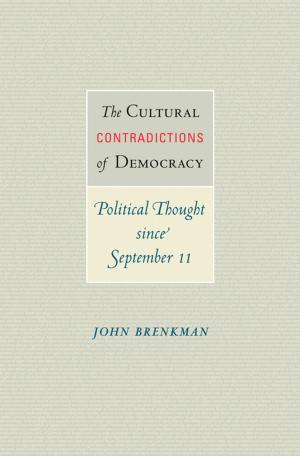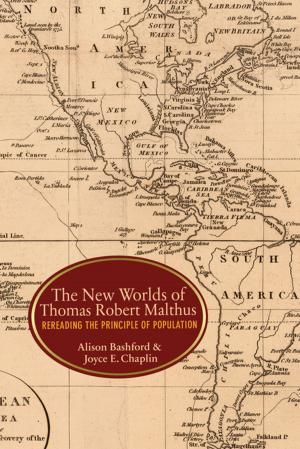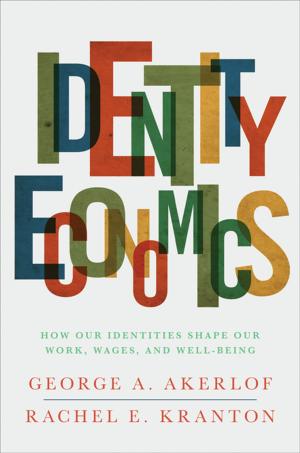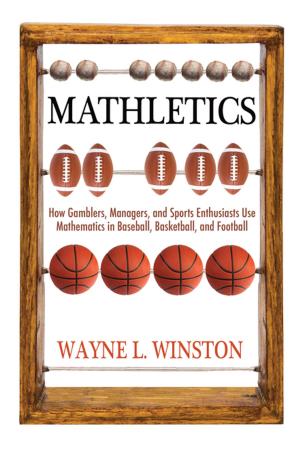The Jews and the Nation
Revolution, Emancipation, State Formation, and the Liberal Paradigm in America and France
Nonfiction, History, Modern, 19th Century| Author: | Frederic Cople Jaher | ISBN: | 9781400825264 |
| Publisher: | Princeton University Press | Publication: | January 10, 2009 |
| Imprint: | Princeton University Press | Language: | English |
| Author: | Frederic Cople Jaher |
| ISBN: | 9781400825264 |
| Publisher: | Princeton University Press |
| Publication: | January 10, 2009 |
| Imprint: | Princeton University Press |
| Language: | English |
This book is the first systematic comparison of the civic integration of Jews in the United States and France--specifically, from the two countries' revolutions through the American republic and the Napoleonic era (1775-1815). Frederic Jaher develops a vehicle for a broader and uniquely rich analysis of French and American nation-building and political culture. He returns grand theory to historical scholarship by examining the Jewish encounter with state formation and Jewish acquisition of civic equality from the perspective of the "paradigm of liberal inclusiveness" as formulated by Alexis de Tocqueville and Louis Hartz.
Jaher argues that the liberal paradigm worked for American Jews but that France's illiberal impulses hindered its Jewish population in acquiring full civic rights. He also explores the relevance of the Tocqueville-Hartz theory for other marginalized groups, particularly blacks and women in France and America. However, the experience of these groups suggests that the theory has its limits.
A central issue of this penetrating study is whether a state with democratic-liberal pretensions (America) can better protect the rights of marginalized enclaves than can a state with authoritarian tendencies (France). The Tocqueville-Hartz thesis has become a major issue in political science, and this book marks the first time it has been tested in a historical study. The Jews and the Nation returns a unifying theory to a discipline fragmented by microtopical scholarship.
This book is the first systematic comparison of the civic integration of Jews in the United States and France--specifically, from the two countries' revolutions through the American republic and the Napoleonic era (1775-1815). Frederic Jaher develops a vehicle for a broader and uniquely rich analysis of French and American nation-building and political culture. He returns grand theory to historical scholarship by examining the Jewish encounter with state formation and Jewish acquisition of civic equality from the perspective of the "paradigm of liberal inclusiveness" as formulated by Alexis de Tocqueville and Louis Hartz.
Jaher argues that the liberal paradigm worked for American Jews but that France's illiberal impulses hindered its Jewish population in acquiring full civic rights. He also explores the relevance of the Tocqueville-Hartz theory for other marginalized groups, particularly blacks and women in France and America. However, the experience of these groups suggests that the theory has its limits.
A central issue of this penetrating study is whether a state with democratic-liberal pretensions (America) can better protect the rights of marginalized enclaves than can a state with authoritarian tendencies (France). The Tocqueville-Hartz thesis has become a major issue in political science, and this book marks the first time it has been tested in a historical study. The Jews and the Nation returns a unifying theory to a discipline fragmented by microtopical scholarship.















